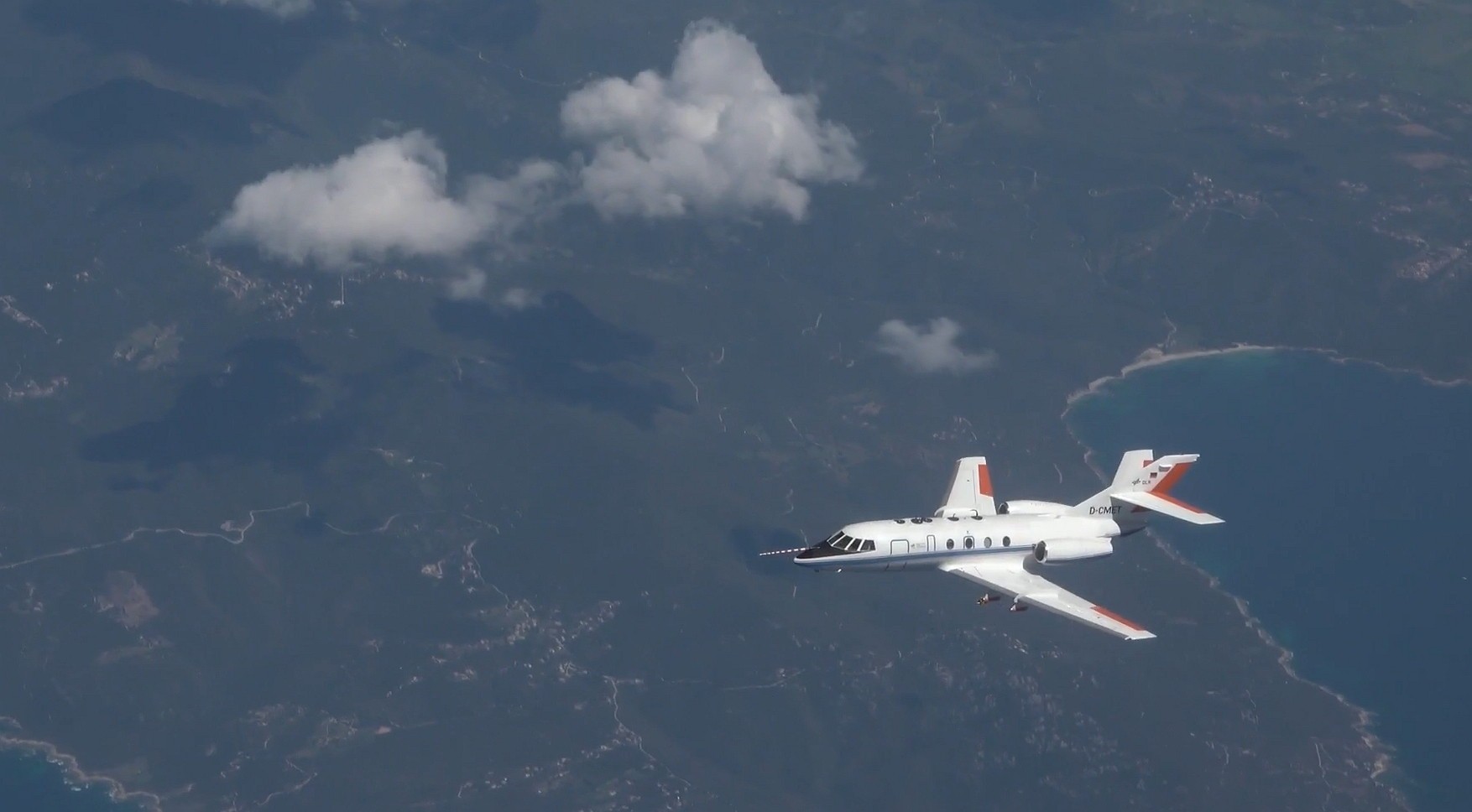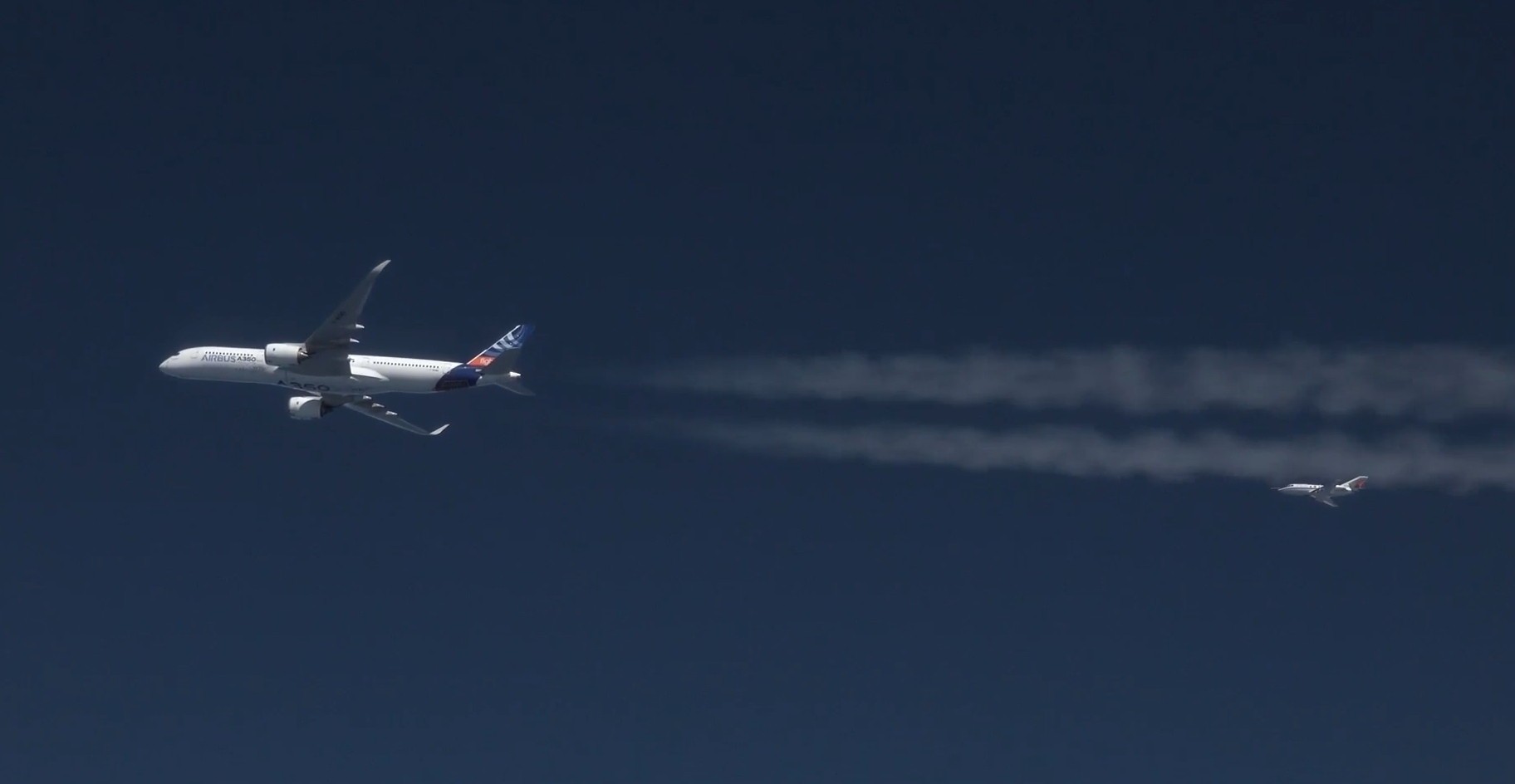High-altitude trails left by airplanes, known as contrails, are a growing concern for their potential contribution to climate change.
These wispy streaks form when water vapor from jet engine combustion condenses into ice crystals under cold, high-altitude conditions. The ice crystals can trap heat, mimicking the effect of some clouds.
While technological solutions to eliminate contrails entirely are limited, using cleaner fuels may offer a path forward. A recent study by Airbus and its partners investigated this possibility.

Research published in Copernicus Atmospheric Chemistry & Physics suggests a promising solution for curbing aviation’s climate impact. The study indicates that Sustainable Aviation Fuel (SAF) can significantly reduce the industry’s short-term environmental footprint.
This benefit goes beyond just lowering CO2 emissions over the fuel’s lifecycle. SAF also appears to help mitigate the warming effect of contrails, a non-CO2 emission concern for air travel.
Backing up these findings, a recent Airbus and Air France-KLM collaboration successfully tested a plane powered by 100% SAF as part of the VOLCAN project. This achievement adds weight to the argument for increasing SAF usage, potentially paving the way for a greener future for aviation.

